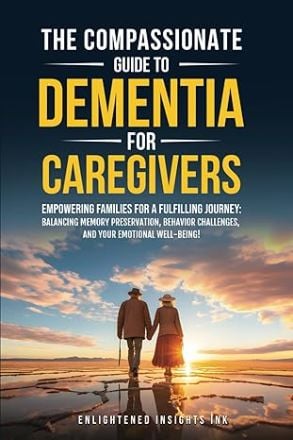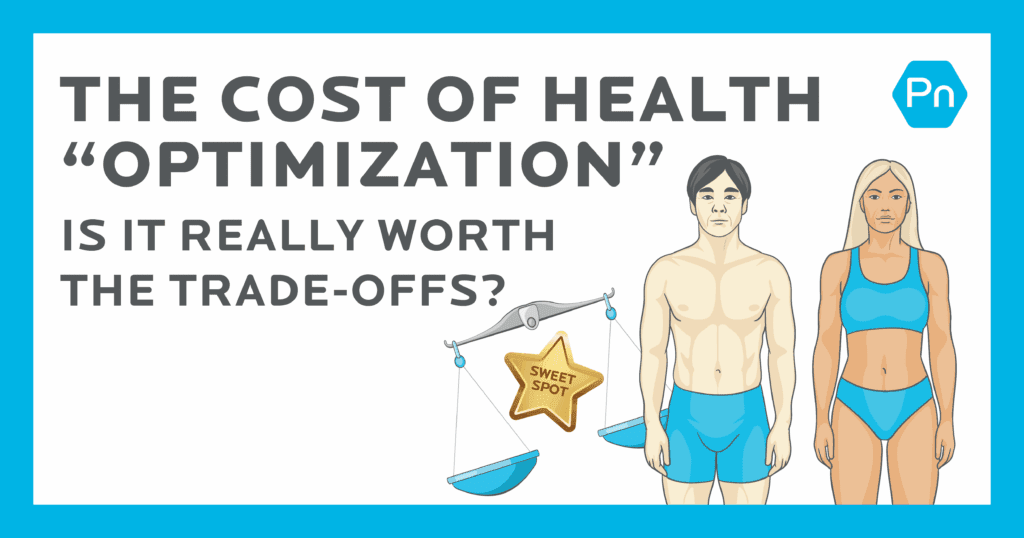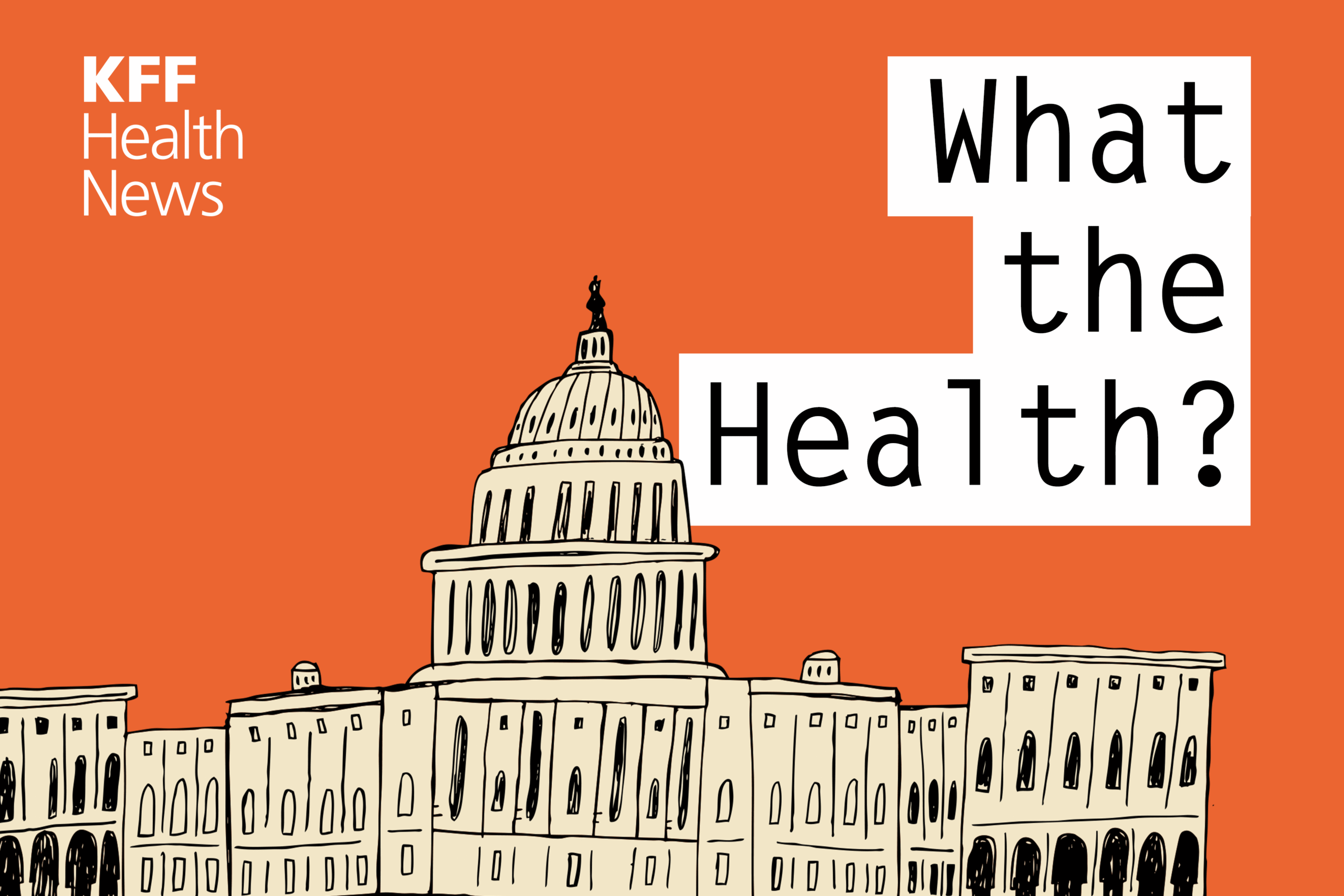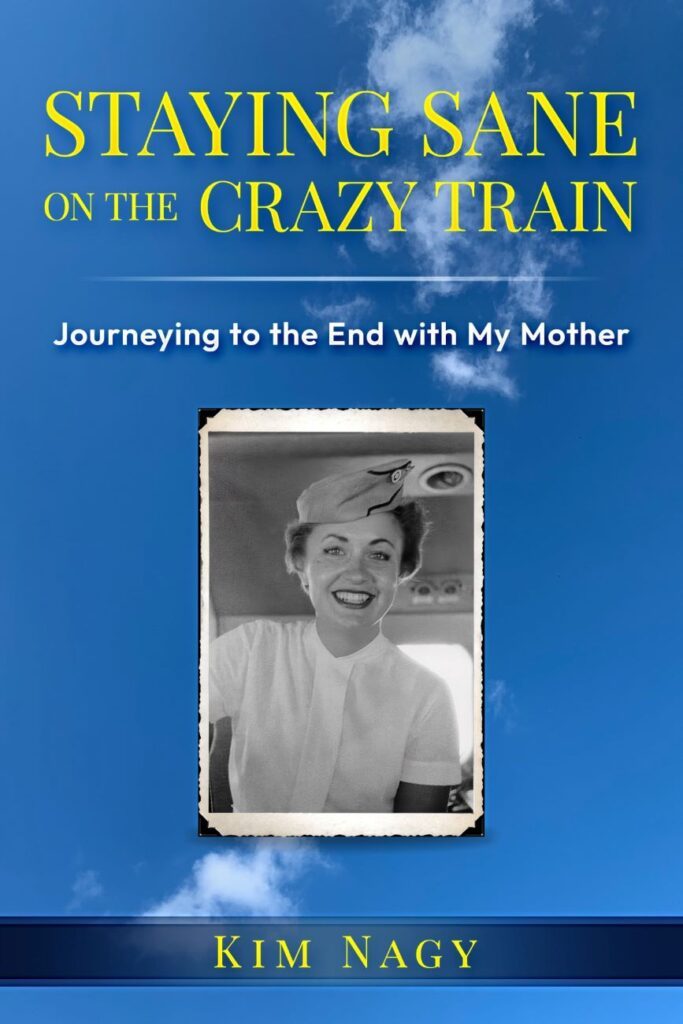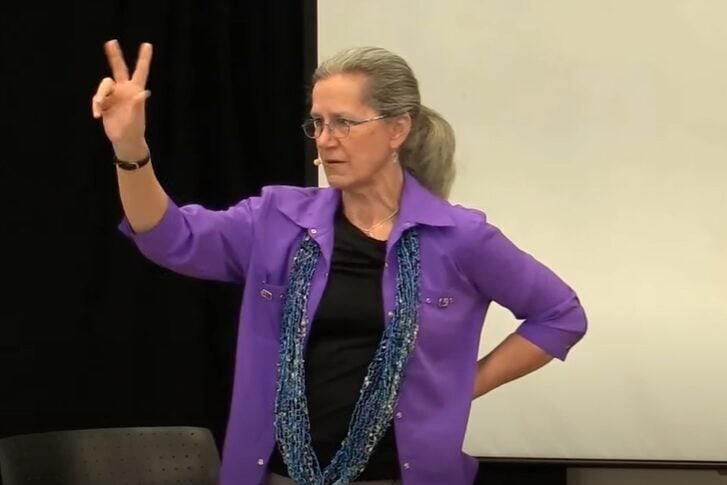
Have you witnessed anxiety race through groups of people? Stress moves with lightning speed and spirals in intensity without intervention. I saw this happen with a team including Marvin, Lisa, and Melissa. Lisa was unhappy with Marvin, their boss, and she talked about her displeasure to Melissa, who also became frustrated. Melissa talked to Joan, who spoke with Carl. People tried to decrease stress, but increased group anxiety.
Lisa was like a livewire who set off a chain of events reducing the team’s ability to function. Each person had a choice to increase or decrease group anxiety. Unfortunately, they chose to intensify anxiety. Carl described work saying, “I could feel the tension each morning when I walked through the door.” The cloud of negative anxiety took on a life of its own and swept through the group each day.
Anxiety has a powerful pull, drawing us in to resulting storms. Manageable levels of stress can bring about positive changes, but chronically high levels create dysfunction. Anxiety builds across life contexts, so anxious family, workplace, society, and world can make it feel like life is spinning out of control.
We often think we are powerless when it comes to anxiety, but we can influence how it moves through our own lives and the groups we are a part of. Try the following strategies to increase group calm and functioning.
- Choose to decrease anxiety. Understand group dynamics and influence how you respond. Intentionally promote inner calm so you do not absorb and transmit all the pressures coming at you. We can choose to respond differently from others. If Melissa had responded non-anxiously to Lisa the group dynamics would have been very different. Each person who chooses to be non-anxious reduces group anxiety.
- Focus on purpose rather than approval. Ground your responses on personal and group values and purpose. Too much focus on what other people think pulls us into their anxiety and away from what is important. We can care about others without taking on their emotions. Functioning with purpose in mind provides more stability than concerns about where we stand with other people.
- Notice emotional triangles. We frequently create triangles involving three people or groups to dispel anxiety, but they do the opposite. Lisa created an emotional triangle by talking with Melissa about Marvin. This began a flurry of triangles as Melissa, Joan and Carl talked with others. Emotional triangles quickly spread anxiety and increase dysfunction.
- Stop emotional triangles. Remain connected with people, but do not participate in blame, negativity, or other behaviors that spread anxiety. Provide a positive perspective. Encourage people to share concerns with the individuals involved, rather than talking about them. If you want to get perspective on a group problem, talk with someone you trust who is not part of the group and can provide wise perspective.
- Address problems within the group as non-anxiously as possible. Give yourself time to be thoughtful. Go on a run, meditate, play with a puppy, or cook a gourmet meal. Participate in activities to promote calm, especially when tensions are high. We can think and creatively problem solve better when anxiety is not ruling our reactions. Leadership is often defined more by how we position ourselves, rather than how we control others.
- Use external resources. If a group gets too stuck in a negative mode of functioning it can be difficult to change anxiety levels. Individuals get too caught up in connections and forget their shared purpose. People trained to deal with conflict or change can help the group find different ways to function.
Marvin saw the anxiety build, so he enlisted my help. I observed team members, promoted positive interactions, taught about emotional triangles, and grounded the group in their shared purpose. Some members left and that was okay. The team became stronger, closer, and more effective than ever before.
We always have a choice as to how we participate in groups. We can be a livewire in our family or team by spreading anxiety and dysfunction. Or we can be the grounding calm that helps groups solve problems, reach goals, and fulfill a purpose. What choice will you make?
—
iStock image
The post Decrease Group Anxiety appeared first on The Good Men Project.
Original Article



